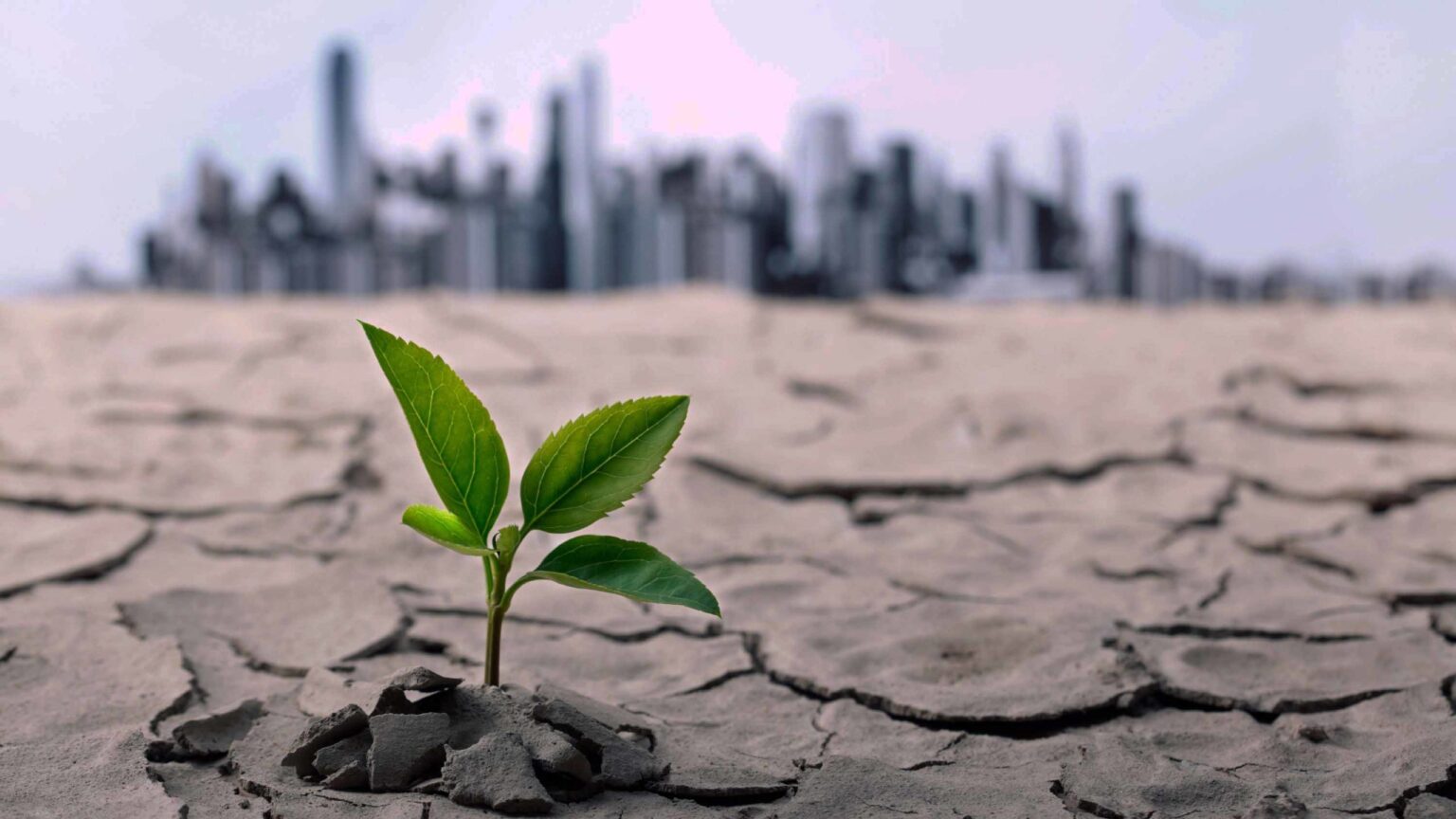In Short : To mitigate these health risks, it is crucial to take urgent action to reduce greenhouse gas emissions, adapt to the changing climate, promote public health measures, and strengthen healthcare systems to better respond to climate-related health threats.
In Detail : The World Health Organization (WHO) and the global health community demand that climate change’s impact on health take centre stage at COP28
Health ministers worldwide attend COP28, underscoring the critical intersection of climate change and global health. Dr Tedros Adhanom Ghebreyesus, WHO Director-General, emphasises that prioritising health is not a choice but the cornerstone of resilient societies.
Extreme weather’s affect on health
With extreme weather events intensifying globally, the recent floods in Pakistan displacing 8 million people and affecting 33 million overall serve as a stark reminder of the urgent need for climate action. The Intergovernmental Panel on Climate Change (IPCC) warns that nearly half of humanity, approximately 3.5 billion people, live in areas highly vulnerable to climate change.
Heat-related deaths among those aged over 65 have surged by 70% worldwide in the past two decades, according to WHO’s figures. The health community stresses that only a dedicated effort to limit global warming to 1.5 °C will prevent a future more dangerous than the present.
The IPCC report
As climate change strains healthcare infrastructure, forecasts from the World Bank indicate that approximately 216 million people could be displaced by 2050 without action.
Climate change catalyses a surge in infectious diseases such as dengue and cholera, endangering millions. The health community emphasises that negotiators must recognise that climate change directly threatens global health and can no longer be ignored or downplayed.
To mitigate the health impacts of the climate crisis, the health community calls for decisive and collaborative action. This includes upgrading key interventions like vector control, epidemiological surveillance, and safe water and sanitation access. Health systems worldwide must be strengthened to be resilient, low-carbon, and sustainable, as failure to act swiftly renders them vulnerable to the overwhelming impacts of climate change.
Adapting health systems
Urgent measures are needed to reduce emissions, with WHO putting down 7 million premature deaths annually due to air pollution. The health community highlights the need to transition to clean energy sources, green the health sector, and implement sustainable practices in hospitals to significantly reduce the 5% global emissions attributed to the health sector.
With over 1 billion people worldwide served by healthcare facilities with unreliable or no electricity, WHO calls for better access to clean energy, particularly in low-income countries. There is also a plea to divert from fossil fuel subsidies and mobilise new funds to support health systems coping with climate change.
COP28 must be a commitment to a healthier planet, where the health arguments for climate action lead to tangible results.

